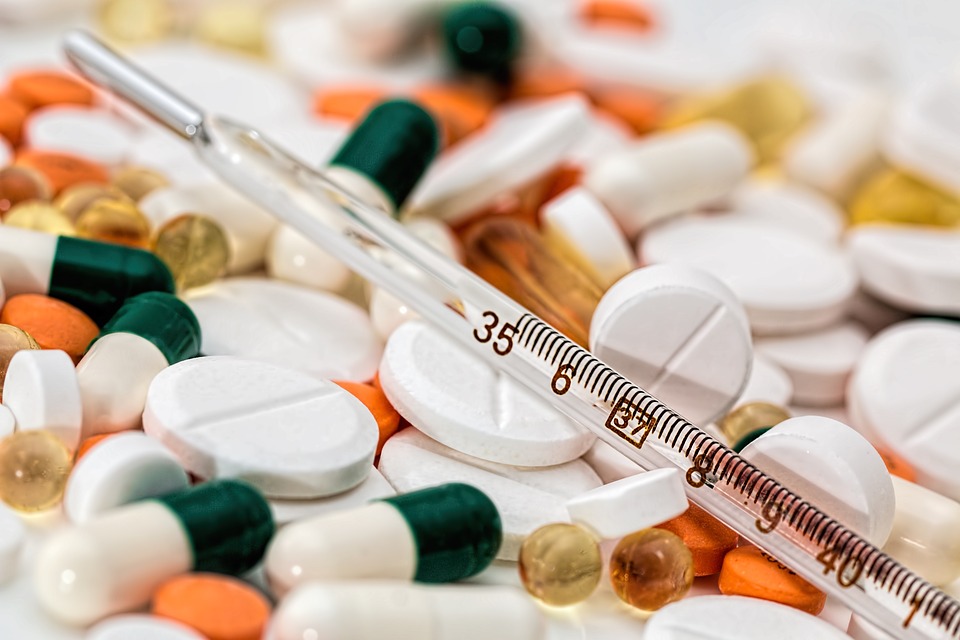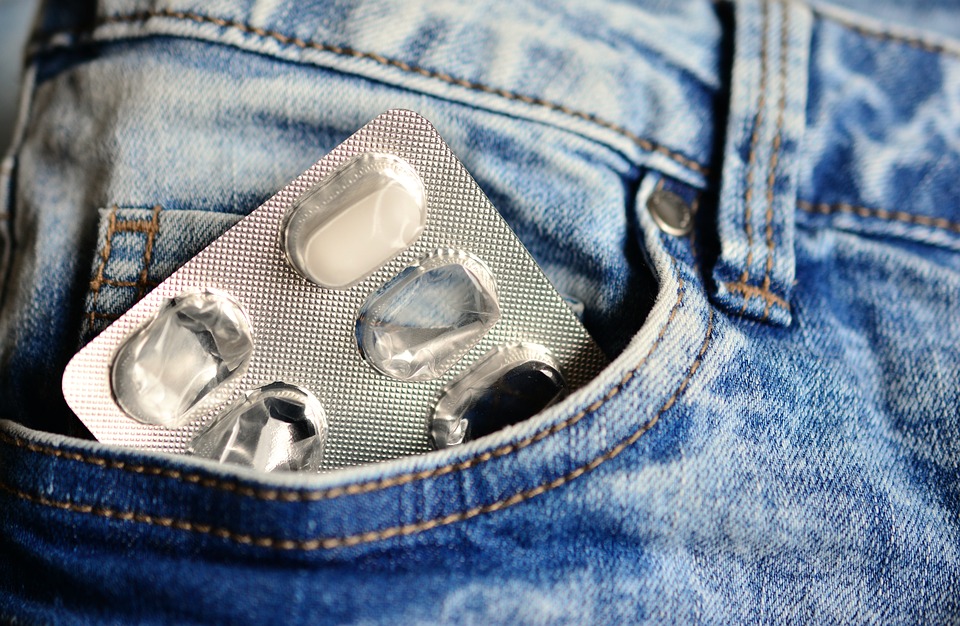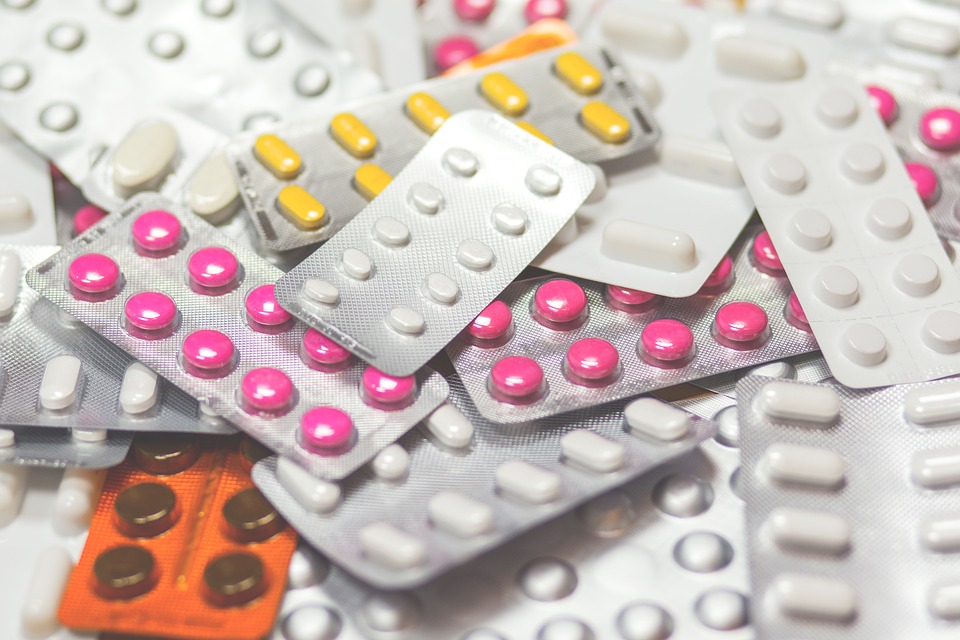A few years back, I had an argument with my mom about letting my little sister use a Biogesic tablet from our standby first-aid kit to cure her headache. My argument was, the label said it was expired. Her counter was that “those things are never accurate.” Much as I’d like to maintain that she was wrong, a study by toxicologist Lee Cantrell and pharmacist Roy Gerona finds that the expiration dates on some of our drugs are about as reliable as myth.
When Cantrell, a toxicologist who helps run the California Poison Control System, got ahold of some unused medicine from the 60s, he saw an opportunity to sate his curiosity about the shelf life of drugs. Cantrell rang Gerona, a pharmacist and University of California, San Francisco researcher who specializes in analyzing chemicals, and they got to working.
Gerona, who had grown up in the Philippines where it was common practice for people to take “expired drugs” to cure sickness, observed that the people recovered from the “expired drugs” with no apparent ill effects. Besides that, Gerona and Cantrell both knew that the dates on drug labels were simply the point up to which the Food and Drug Administration (FDA) and pharmaceutical companies guarantee their effectiveness, typically at two or three years.

Gerona ran tests on Cantrell’s decades-old drugs, including some obsolete brands such as the diet pills Obocell and Bamadex. In total the bottles contained 14 different compounds, including antihistamines, pain relievers and stimulants. Their findings showed that a dozen of the 14 compounds were still as potent as they were when they were manufactured, some at almost 100 percent of their labeled concentrations.
“Lo and behold, the active ingredients are pretty darn stable,” Cantrell said.
Recognizing the possible impact of their research, the two published their findings in Archives of Internal Medicine in 2012.
This May the duo published a follow-up study, this time focused on EpiPens and EpiPen Jrs that had been “expired” from one to 50 months. Their findings were pretty much the same to their first study. 24 out of the 40 EpiPen devices they tested held at least 90 percent of their stated amount of epinephrine, enough to be deemed as potent as when they were manufactured.

Does this mean we can just grab that forgotten biogesic tablet in our backpocket the next time we’re feeling a little off? Or self-medicate with old prescription pills for familiar symptoms? Is my mother always going to be right?
Cantrell clarifies their intention was never to “recommend the use of expired medication, just reviewing the arbitrary way the dates are set.”
So that’s a strong no on self-medicating, and a yes on the biogesic, according to my mom and Gerona’s childhood experiences. Overall, I guess the takeaway is that you might want to think again before throwing those left over drugs in the back of your medicine cabinet. In the mean time, the FDA should really get to updating their testing for the shelf life of our medicine. It would save all of us, hospitals and pharmaceuticals included, a lot of money.
Photos courtesy of pixabay.com
Read more:
Nootropics can maximize your cognitive capacity
If you think your brain’s getting rusty, listen to these podcasts
Doctors found 27 contact lenses on a woman’s eye
Writer: ANTHEA REYES




